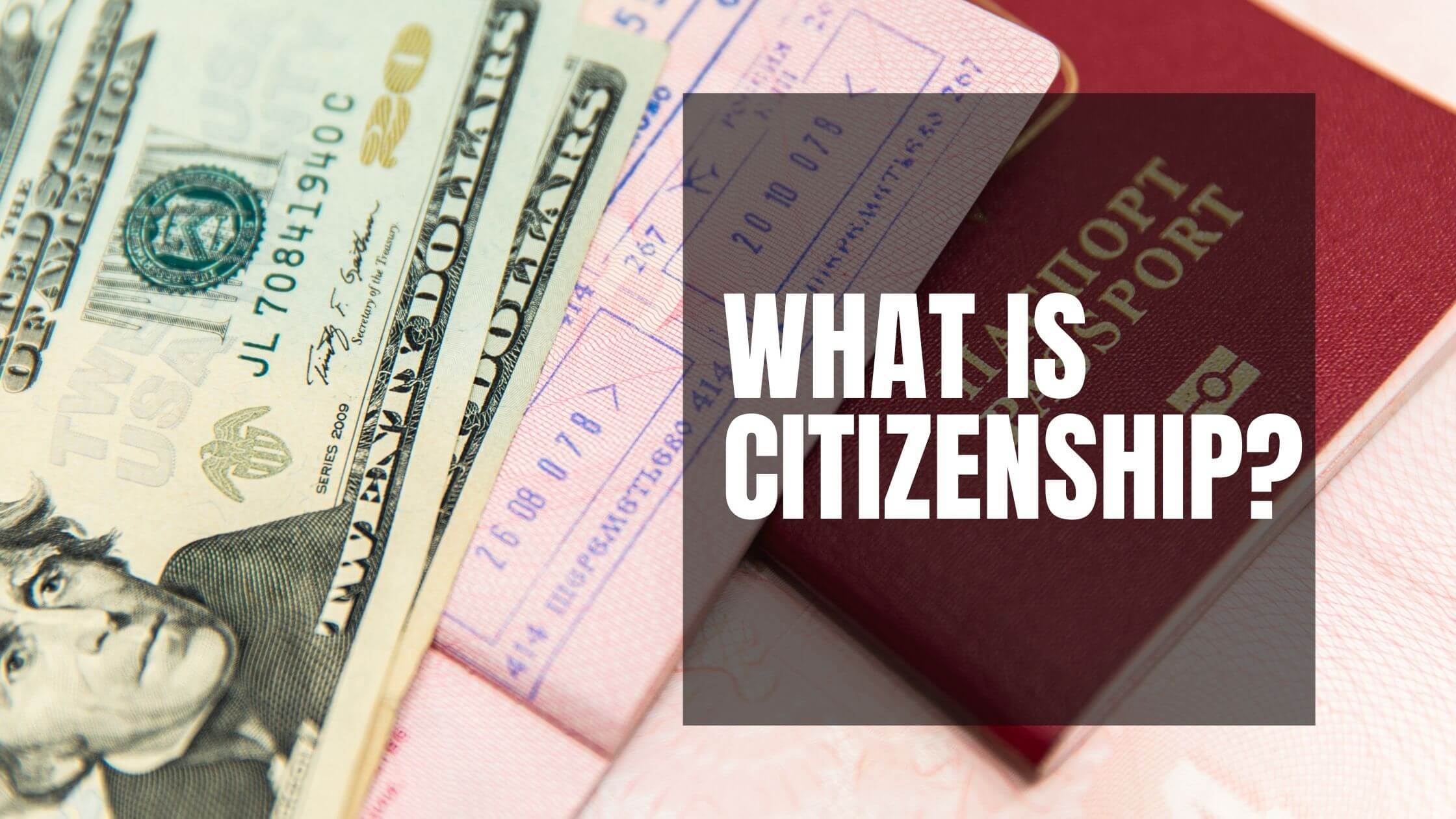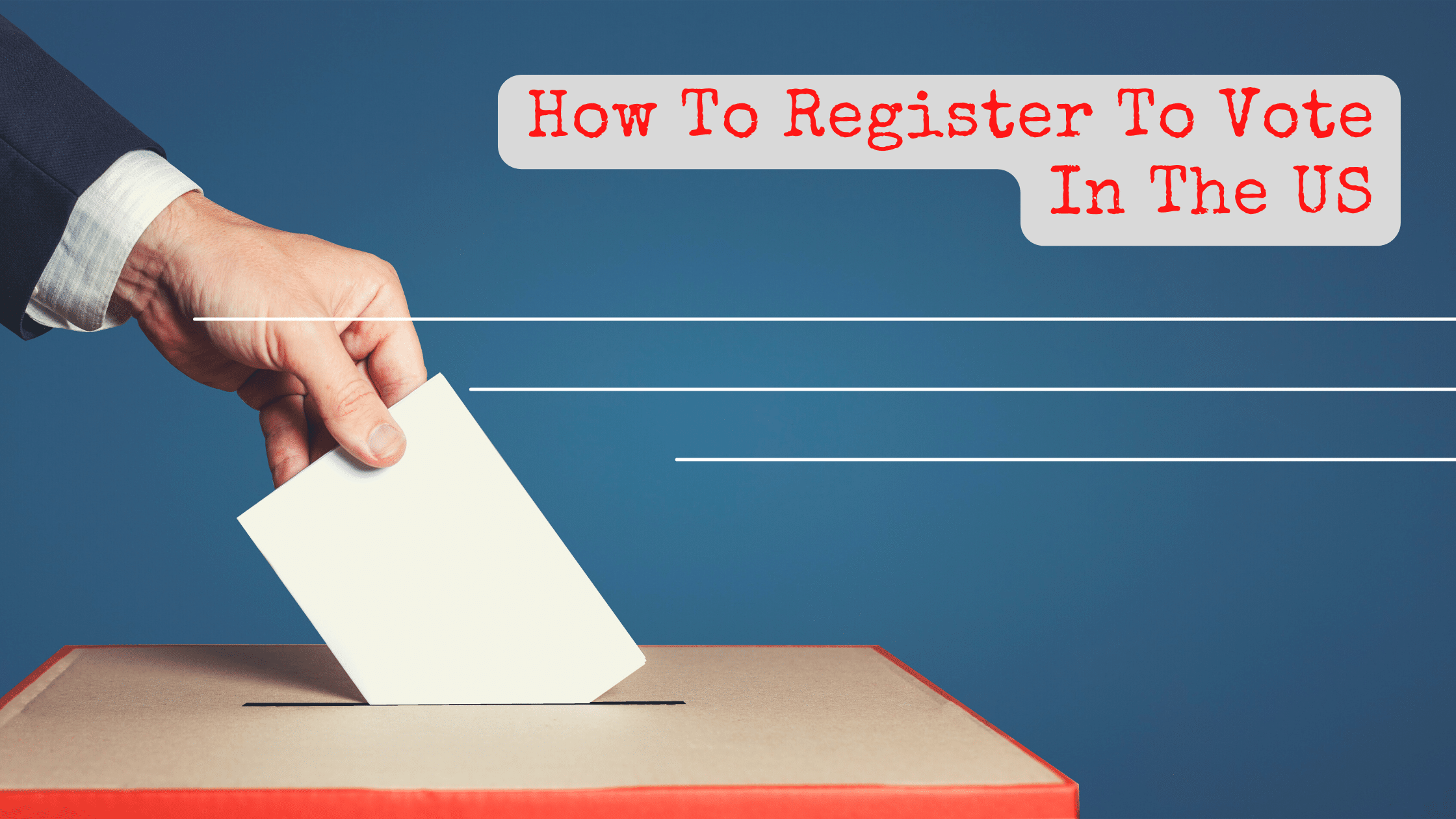Table of Contents
ToggleSources
- https://www.healthsystemtracker.org/brief/why-does-health-care-cost-so-much-in-the-united-states-ask-harvard-economist-david-cutler/
This source from the Peterson-KFF Health System Tracker provides an in-depth analysis by a Harvard economist on the reasons behind high healthcare costs in the US, including administrative expenses and drug pricing, making it highly relevant. - https://www.commonwealthfund.org/publications/issue-briefs/2020/dec/price-driving-high-health-care-spending-united-states
The Commonwealth Fund is a reputable source that discusses the factors driving high healthcare spending in the US, such as administrative costs and hospital care prices, aligning well with the blog post's claims. - https://www.ncbi.nlm.nih.gov/pmc/articles/PMC4862316/
This peer-reviewed article from the National Center for Biotechnology Information (NCBI) provides detailed data on administrative costs in the US healthcare system compared to other countries, supporting the post's argument about wastage. - https://www.healthaffairs.org/do/10.1377/hblog20200930.367981/full/
Health Affairs is a leading journal in health policy research. This article discusses the high prices of hospital care and physician salaries in the US, which directly supports the blog's points about these cost drivers. - https://www.kff.org/health-costs/issue-brief/how-do-prescription-drug-costs-in-the-united-states-compare-to-other-countries/
The Kaiser Family Foundation (KFF) is a trusted source for healthcare data. This brief compares US prescription drug prices to those in other countries, substantiating the blog's claims about high drug costs.
Key Points
- US healthcare is significantly more expensive than in other advanced nations, burdening Americans with high insurance premiums and out-of-pocket costs.
- Administrative costs account for 8-10% of US healthcare spending, much higher than the 2-3% in other prosperous countries, due to complex systems and multiple insurance plans.
- Americans pay 3-4 times more for prescription drugs than other nations, partly because the US lacks price controls and Medicare cannot negotiate drug prices.
- US doctors and nurses earn higher salaries compared to their counterparts in other developed countries, contributing to overall healthcare costs.
- Hospital care accounts for a third of US healthcare expenses, with prices for procedures and services rising faster than physician rates.
- Defensive medicine, including unnecessary tests and scans to avoid lawsuits, adds to the high cost of healthcare in the US.
- Drug and service prices in the US vary widely due to lack of regulation and differing insurance coverage, making costs unpredictable.
- The federal government spends over $1 trillion on healthcare subsidies, exceeding expenditures on national defense and Social Security.
- Without regulatory reforms to address these issues, healthcare costs in the US are likely to continue rising.
Summary
The high cost of U.S. healthcare stems from complex administrative systems, expensive drugs, high salaries for medical professionals, profit-driven hospitals, and defensive medicine practices. These factors lead to significantly higher spending per person compared to other developed nations, with administrative waste and lack of price regulation being major contributors. Without systemic reforms, healthcare expenses will continue to rise, burdening both individuals and the federal government.
What makes US healthcare so expensive?
US healthcare is far more expensive than other progressive nations. Today, millions of Americans are getting overburdened by ever-growing insurance premiums and out-of-pocket expenses, making it more challenging for many to seek quality medical care.
The amount the country spends on healthcare per person dwarfs other advanced nations. And regrettably, the costs are increasing. A significant percentage of income is used for health insurance premiums.
On the other hand, the federal government disburses more than $1 trillion in subsidies for national health care programs, such as Medicare, Medicaid, etc. Consequently, the federal government spends more heavily on healthcare than on other critical dockets like national defense and Social Security.

Get Smarter on US News, History, and the Constitution
Join the thousands of fellow patriots who rely on our 5-minute newsletter to stay informed on the key events and trends that shaped our nation's past and continue to shape its present.
Therefore, why is US healthcare so expensive?
Use of Multiple Systems that Cause Wastage
The high cost of healthcare in the US is greatly attributed to administrative costs. According to the studies, 8% to 10% of the US healthcare dollar goes to administrative expenses compared to 2% to 3% in other prosperous nations.
The US medical care system is incredibly complex, with multiple rules, financing, out-of-pocket expenses for employee-centered insurance, enrollment dates, private insurance from Medicare, Medicaid, healthcare.gov, and other complexities.
Consumers are required to pick their preferred tiers of coverage from managed care plans, high deductible plans, and free-for-service systems. These plans are exclusive of pharmaceutical drug insurance, which has different levels of coverage, coinsurance, copays, and deductibles.
This implies dealing with a series of regulations concerning billing, usage, and coding for providers. And these activities comprise the most significant chunk of administrative expenses.
Growing Prices of Drugs
Americans spend 3-4 times more on medicinal drugs than their counterparts in other advanced nations. High drug costs are one of the primary reasons behind the high cost of healthcare in the US compared to the rest of the world. These governments control the drug prices, usually depending on the clinical significance of the medication.
Unless tangible regulations are put in place to control drug prices, the situation will worsen. Today, on average, the US government spends almost twice on healthcare per person compared to other progressive nations.
Currently, non-governmental insurers can bargain for a discount on drug prices with producers repeatedly via the services of pharmacy benefit managers. However, Medicare, which bears a significant chunk of the national drug costs, is prohibited from negotiating prices with manufacturers.
High Paychecks for Medics
On average, a US family doctor pockets $218 173 per annum, and specialists take home $316,000, which is far much higher than the average in other developed nations. Also, US nurses earn more than elsewhere.
The US managed care plans can take a considerable stride in cutting down healthcare expenses by demanding pre-authorization for visiting a pricey specialist. This can also be realized by discouraging family doctors in favor of a nurse practitioner.
Hospitals are Money Centric
A third of the country’s healthcare costs go to hospital care. According to a recent study in Health Affairs, inpatient and outpatient hospital care rates increased more rapidly than physician rates. In addition, the prices for invasive procedures in US hospitals are much higher than in other nations. This is one of the reasons behind the high cost of healthcare in the US.
The practice of Defensive Medicine by US Healthcare
Both practitioners and healthcare facilities are keen on avoiding lawsuits, so “probably” tests and scans may be requested. Unfortunately, none of these tests comes cheap. Although a CT scan goes for roughly $97 in Canada and $400 in Australia, the same test costs $800 on average in the US.
This confirms that seeking medical treatment in the US is incredibly expensive compared to the rest of the world.
US Prices Keep Fluctuating
Due to the complex nature of the healthcare system and the absence of a solid regulatory framework for pharmaceutical prices, manufacturers are left at their liberty to dictate the prices. As a result, the amount spent on a particular action can vary significantly based on who is settling the bill and the geographical location.
Wrapping Up
As you can see, the high cost of healthcare in the US is due to several factors, and unless addressed, the prices will keep increasing.
Key Reasons for the High Cost of Healthcare in the US Quiz
Frequently Asked Questions
Why is US healthcare more expensive than in other developed nations?
How do administrative costs contribute to the high cost of US healthcare?
Why are drug prices higher in the US compared to other countries?
How do salaries of medical professionals in the US compare to other countries?
What is defensive medicine, and how does it impact healthcare costs?
How useful was this post?
Click on a star to rate it!
Average rating / 5. Vote count:
No votes so far! Be the first to rate this post.
We are sorry that this post was not useful for you!
Let us improve this post!
Tell us how we can improve this post?




